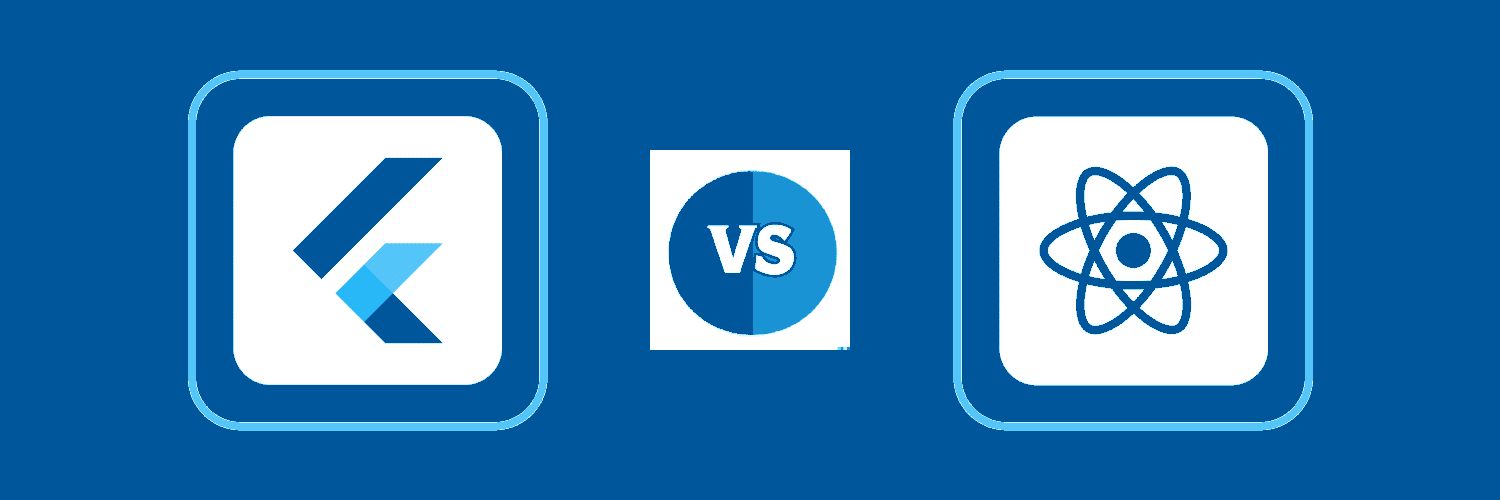
Flutter vs. React Native - what is the best choice?
Flutter and React Native are two popular Cross Platform Development Frameworks that are used to build cross-platform mobile applications for Android and iOS. Both frameworks have gained a lot of popularity in recent years due to their ability to build high-quality apps quickly and efficiently.
The first difference between Flutter and React Native is the number of supported platforms. Flutter supports much more platforms - Windows, Mac and Linux.
One of the main differences between Flutter and React Native is the programming language that is used. Flutter uses the Dart programming language, while React Native uses JavaScript/TypeScript. This means that if you are already familiar with JavaScript, you may find it easier to get started with React Native. On the other hand, if you are new to programming or prefer a different language, Flutter may be a better fit for you.
Another key difference between Flutter and React Native is the way they handle user interface (UI) development. Flutter has its own set of built-in widgets and tools for creating a UI, while React Native relies on native components or third-party libraries. This means that with Flutter, you have more control over the look and feel of your app, but it may require more work to get the UI just right. React Native, on the other hand, can make it easier to create a consistent look and feel across platforms, but you may have less control over the specifics of the UI.
Performance is another important consideration when choosing between Flutter and React Native. Flutter compiles directly to native code, which can make it faster and more performant than React Native, which relies on a JavaScript bridge to communicate with native components. This means that Flutter apps may feel more responsive and smooth, especially for complex or resource-intensive tasks.
In terms of development environment, Flutter includes a complete development environment with a debugger and hot reload, which can make it easier to develop and test applications. React Native can be used with a variety of development environments and tools, so you have more flexibility in this regard.
Ultimately, the choice between Flutter and React Native will depend on your specific needs and preferences. Both frameworks have their own strengths and weaknesses, and the right choice for your project will depend on your goals and resources. If you need a fast and performant app with a custom UI, Flutter may be the better choice. If you prefer the simplicity and flexibility of JavaScript (In case using TypeScript - Dart is quite the same in terms of complexity) and at the same time you need to cover a limited amount of platforms - React Native would be better for these needs.
